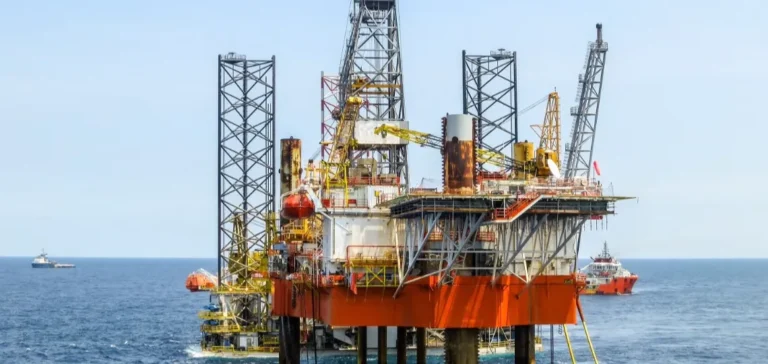Italian group Eni, through its subsidiary Eni North Africa, has resumed drilling operations on the exploratory well C1-16/4 located in Block 16/4, approximately 95 kilometres off the Libyan coast. The operation, carried out with the semi-submersible drilling rig Scarabeo-9 owned by Italian company Saipem, targets a planned final depth of 3,200 metres. The project marks a strategic restart after more than five years of inactivity, initially triggered by the COVID-19 pandemic.
A well located near the Bahr Es Salam field
The C1-16/4 well, also referred to as BESS-3, lies in Contract Area D (MN-41), around 15 kilometres from the Bahr Es Salam gas field, one of Libya’s largest gas production sites. Initial drilling began on March 11, 2020, but operations were halted after reaching a depth of 1,012 feet, and the well was temporarily abandoned on April 14, 2020.
The decision to resume drilling in this zone reflects the aim of optimising existing gas resources while relying on established regional infrastructure. This operation is part of the company’s long-term strategy to maintain and expand its energy production.
A reinforced position in the Mediterranean basin
Eni remains one of Libya’s main natural gas producers, with a significant portion supplied to the European market via the Greenstream pipeline. By revitalising its offshore activities, the company reaffirms its commitment to a country where it has operated since the 1950s.
The resumption of operations on the BESS-3 well may allow Eni to consolidate its regional presence while identifying new exploitable volumes. The technical and geographical context of Block 16/4, combined with the proximity to existing assets, represents an operational lever for the company’s future investments.






















